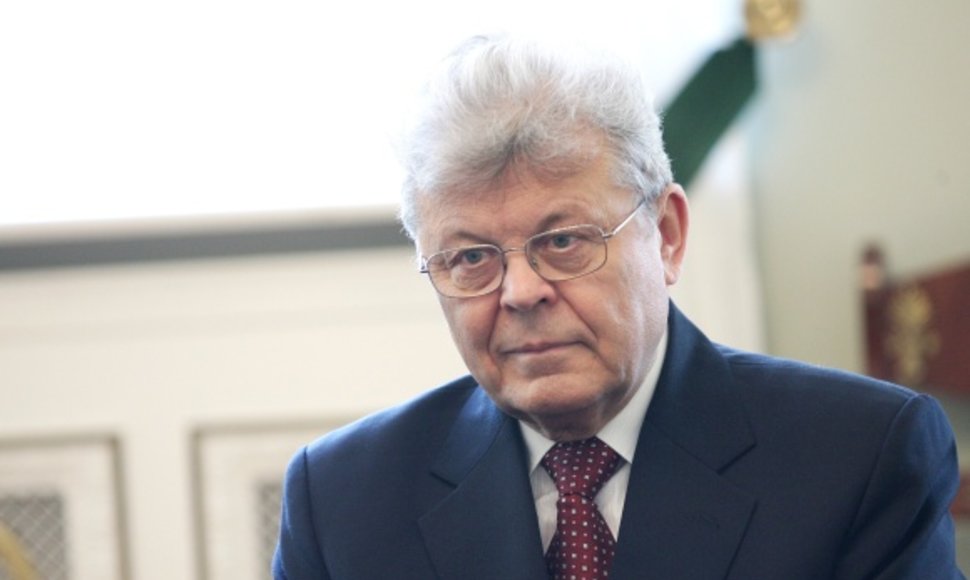For the agreement to come into force, all EU member states have to ratify it. Lithuania is the last EU member state that has not ratified the agreement yet.
"I see no obstacles now as, for example, there have been no major issues raised during discussions at the Committee. I don’t think it will be ratified unanimously but the majority should ratify," Stankevičius told BNS on Friday.
The Committee chairman could not say when the agreement, important for Serbia and expected to encourage closer cooperation between Belgrade and the EU, could be ratified as it had not been put on the parliament's agenda.
"I have no information that the agreement has been submitted and is already on the agenda. Usually the government submits it via the president, and the president submits it to the parliament for ratification. That's the way," the politician said.
Stankevičius believes Lithuanian-Serbian disagreements should not undermine the ratification process. Lithuania has criticized Serbia for its treatment of Lithuanian investors. Both states are also in the middle of a diplomatic row over competition for a high-ranking position at the United Nations. Lithuanian officials say Russia is behind sudden competition from Serbia.
"Those issues were raised during meetings of the Council of the European Union. Lithuania has raised issues on the protection of investments, business conditions, and received a promise that there will be no discrimination. (…) If the agreement arrives in the Seimas, it will not stay in the parliament long. It will be put on the agenda, and then we'll see what the moods are," Stankevičius said.
The EU and Serbia signed a Stabilization and Association Agreement in April, 2008. The agreement would set legal conditions for regional cooperation, free movement of capital, goods, services and labor and in other fields of cooperation between the EU and Serbia.












